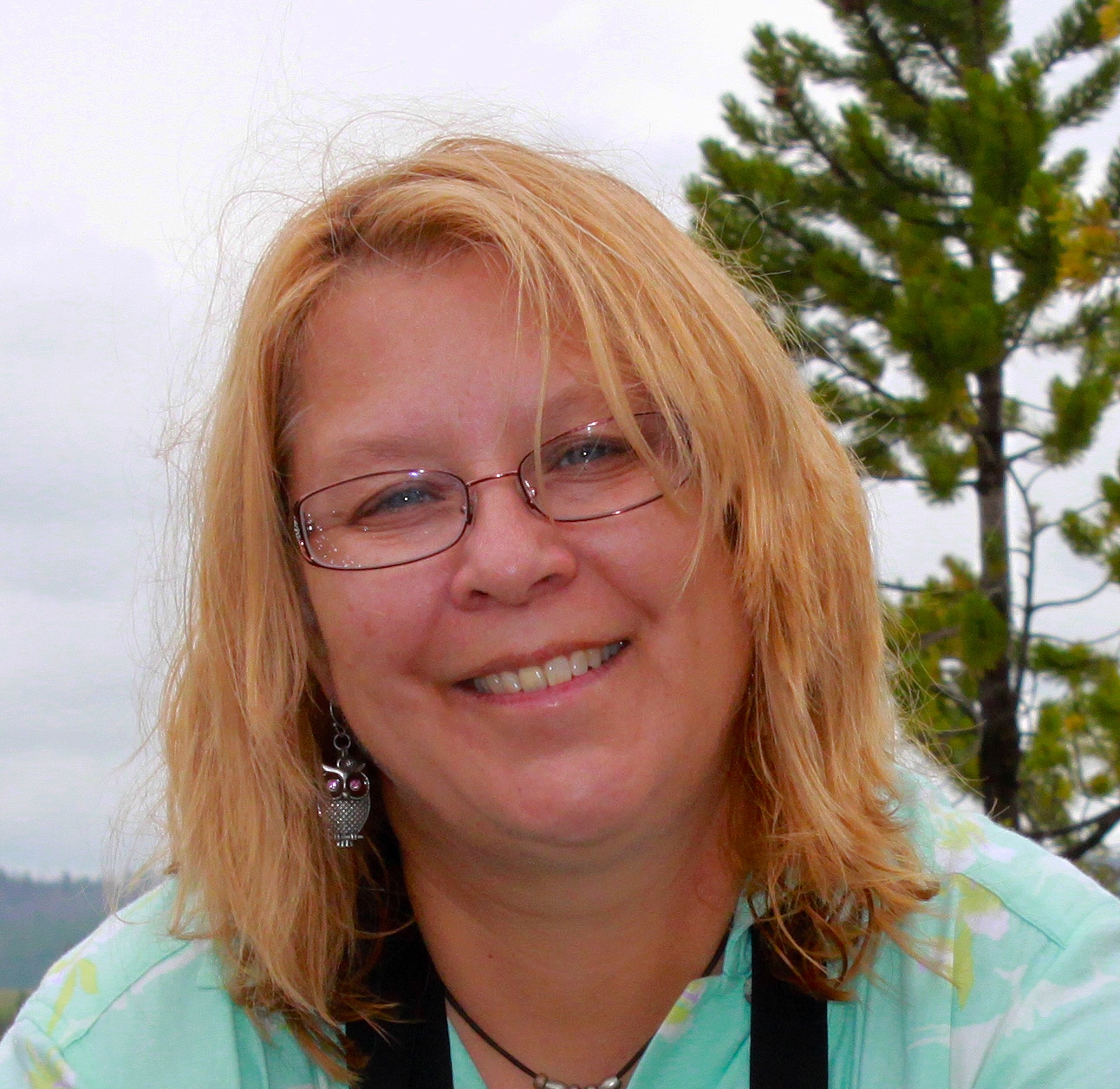Mary Kay Doyle is sure that having her son’s medical records close at hand has helped his new doctors better treat him.
Doyle, who lives in Frankfort, keeps a list of her son’s surgeries and medications at the ready, so doctors will immediately have background on her son Tommy, 27, who has VATER syndrome, which involves multiple related birth defects.
“Having his medical records available when visiting a new doctor can be so helpful. It takes all the guesswork out of it,” Doyle says.
While Tommy’s case is complex, it can be beneficial for most people to create a list of medical records, including family medical history, to assist physicians, says private health concierge Beth Myers, RN, CEO of 2×2 Health in Chicago.
While much medical information is stored on a physician’s or hospital’s online portal, not every physician can gain access to all of a patient’s records, and not all of the information needed is stored in those portals.
“Unfortunately, the healthcare medical recordkeeping system is not as large as the bank system,” Myers says. “Maybe you can see your records at Rush or at Northwestern, but if you’re in Arizona and in a car crash, they might not be able to get all your medical records. Someone needs to have that history.”
It can help to have a list of medical conditions, medications, and family history saved in an accessible location, such as in a file folder or on a cell phone, for use in emergencies or when seeing a new physician.
Knowing a person’s family medical history can help guide treatment. Brent Nathan, MD, a general practitioner with North Shore Medical Associates in Bannockburn, recalls one new patient who brought in a family medical history that included incidences of cancer and medication usage.
“It guided us in terms of preventive care and cancer-screening strategies,” Nathan says.
Myers and Nathan suggest patients keep the following information readily available when visiting new physicians:
Family medical history
“Physicians are interested in your family history — what your parents died of, how old they were then they died — as well as information about their parents and your siblings,” Myers says.
“It can lead a physician down a different path. For example, if someone is having [uterine] bleeding problems, it would help the doctor to know that you have three family members with irregular periods and one who’s had a hysterectomy.”
Myers says she has a close, large family. She made a family tree of their medical conditions, including information such as whether someone had a congenital heart defect. It’s easy to forget that information if it’s not written down, she says, recalling a recent incident with her mother.
“My mom was a nurse. I went with her the other day to the doctor, and he asked if she had any children with hypertension. She said one. I reminded mom that she has two children with hypertension,” Myers says.
Myers and Nathan suggest asking questions of family members to compile the family medical history tree.
“It can be an awkward and unpleasant family conversation, but you can get a lot of valuable information,” Nathan says. Although uncomfortable, these conversations can benefit the entire family. “If someone is not keeping track of it, it’s lost for future generations,” Nathan says.
The more comprehensive you can be, the better, but at the very minimum, Nathan suggests gathering medical history from parents, siblings, children, and grandparents.
Surgeries, lab tests
Nathan says people often don’t remember what surgeries they’ve had or when, nor do they know the results of lab tests.
“But it’s important,” he says. “It gives us context knowing the results and the timing.”
Doyle says she had several cancer surgeries about 15 years ago but can’t remember the dates offhand. “But if I’ve got it written down. I have the information,” she says.
Nathan adds that having a chart of lab test results, such as cholesterol levels, can give a new physician good clues about a patient’s health.
Medication, allergies list
Myers suggests keeping a list of medications, including dosage amounts, dosage changes, and reasons for switches, such as allergic reactions.
“When you see a new doctor, they’re taking over care. They need to understand what you’re on, the dosage, and why,” Nathan says. “We may then get a sense of how severe a disease is. We can get a sense of what has worked or not worked in the past, and we can start to think about what the next steps would be if the medication stops working.”
When Doyle took her son to Mayo Clinic, she brought his complete list of medications and dosages — past and present. That helped his care team determine which medicines were working, which weren’t, and new ones to try, she says. Doyle also keeps a list of pharmacies she and her family use, including phone numbers and locations.
Storing, sharing information
It’s helpful to keep a list of medications and any allergies in your wallet or purse. “In an emergency situation, that can be lifesaving,” Nathan says.
Keeping all the information in one place for easy retrieval is important, Myers says.
She suggests putting written documents — such as a list of surgeries, family medical history, lab test results, and medications — in separate folders stored together or in one binder that’s clearly marked.
Some people save the information on their computers or cell phones. In that case, Myers recommends individuals let a family member know how to access the information if needed.
“My father puts medication lists in his phone, but I don’t know how to access his phone. Whoever is your power of attorney should have all that information,” Myers says.
Doyle says peace of mind comes from knowing her son’s information and where it is kept. “Once you have all of that together, it’s your lifeline for all your medical appointments.”
Knowing your family medical history and your personal medical background provides peace of mind as well as continuity of care.

Sheryl DeVore is the author of five published books and copious regional and national articles on science, nature, and health.












